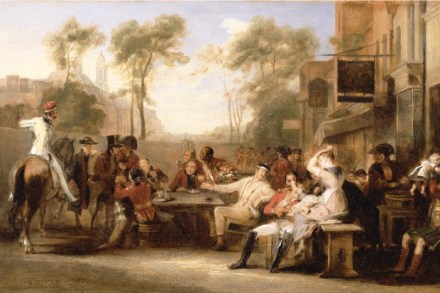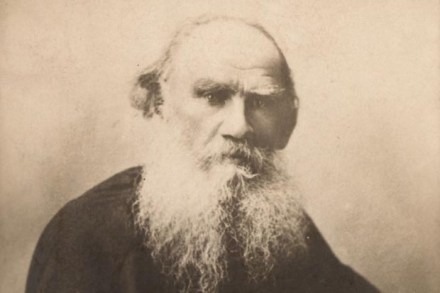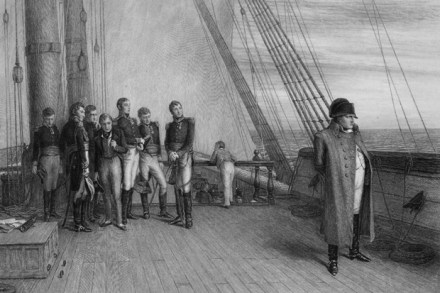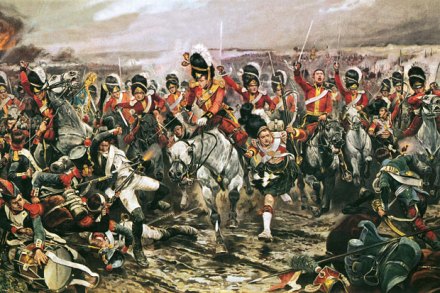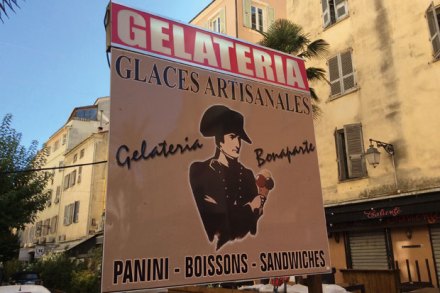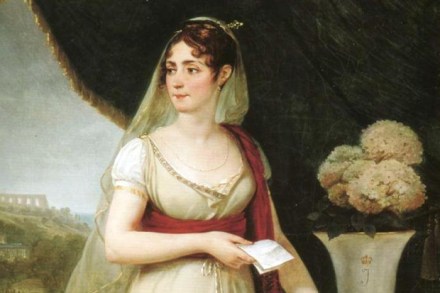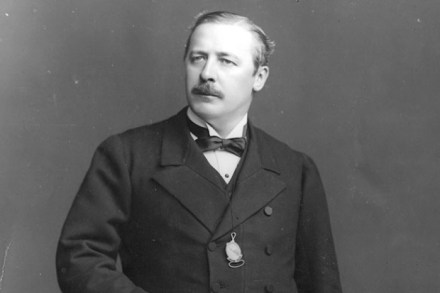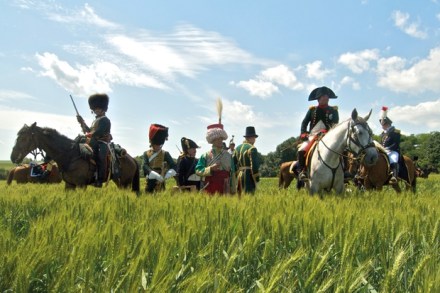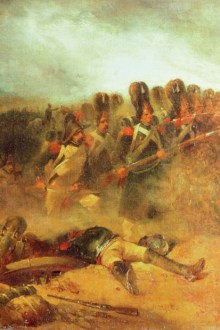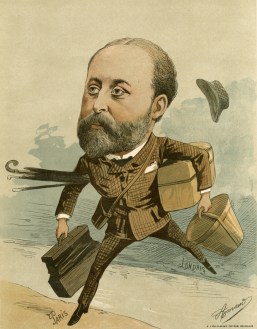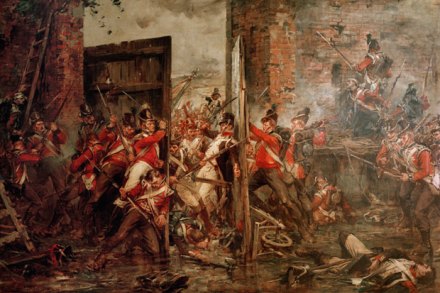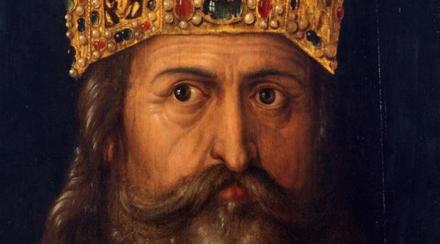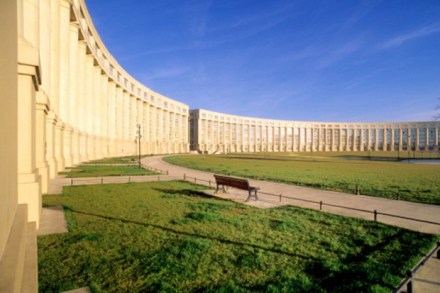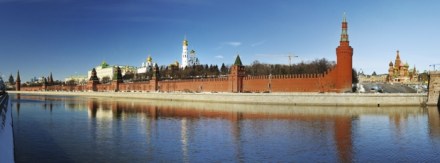Designer fatigue
Different concepts of luxury may be inferred from a comparison of the wedding feast of Charles Bovary and Emma Rouault with the habits of their contemporary the Duke of Wellington. At the Bovary wedding were served four sirloins, six chicken fricassées, stewed veal, three legs of mutton, four chitterlings (with sorrel), brandy, wine, foaming sweet cider, yellow custards, tarts and sweets with an architectural cake comprising angelica, oranges, nuts, jam and chocolate. The austere Duke’s ‘conception of duty’, David Piper wrote, ‘did not provoke popularity at all times’. His daily routine was tea with bread and butter in the morning, no lunch and an unvaryingly simple dinner of a joint




